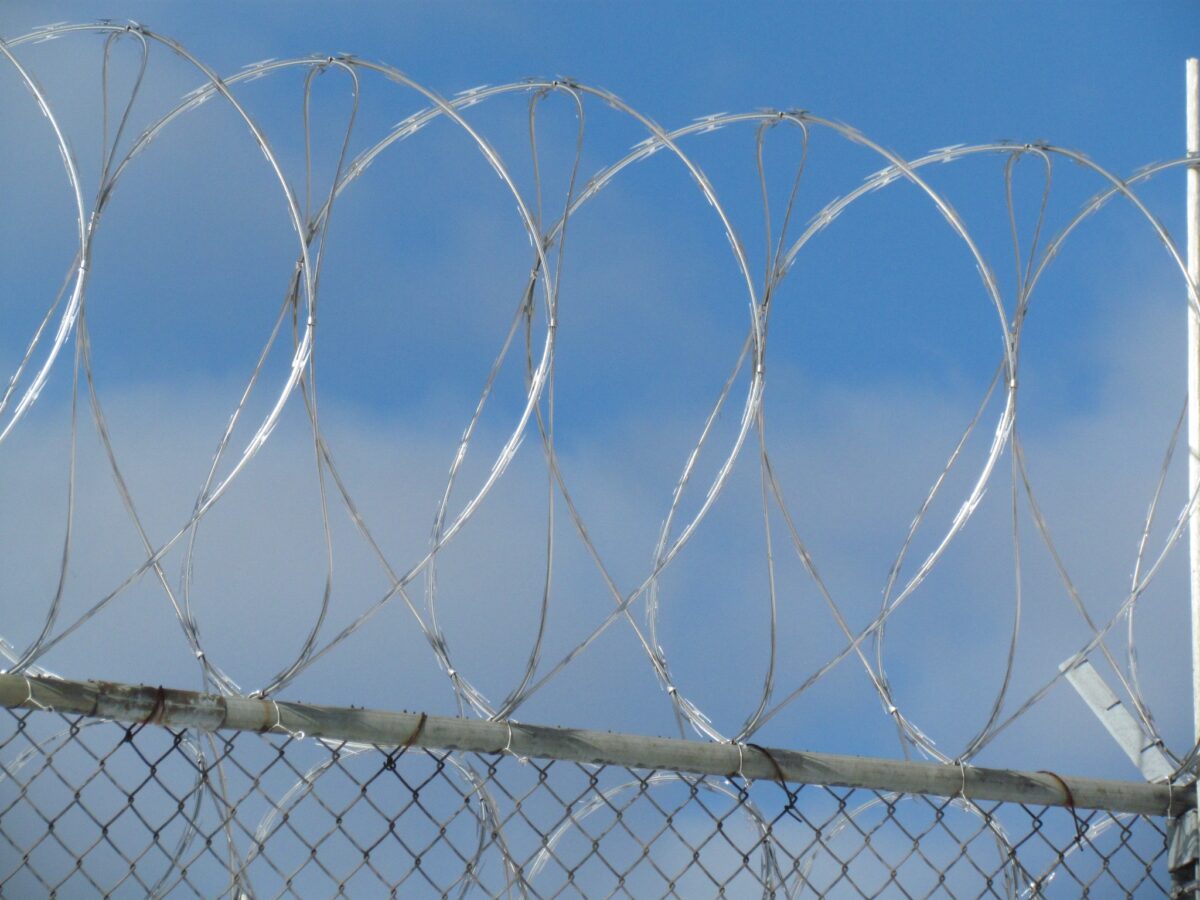In our judicial system there is often a lot of ‘horse trading’ that goes on. The Crown (prosecution) and the defence will often meet to discuss what each side is comfortable with when it comes to sentencing (assuming of course that a guilty plea/verdict has been rendered). It should come as no surprise that the defence wants the shortest time behind bars as possible, sometimes even asking for ‘time served‘, i.e. their client has already been in prison pending trial long enough and should be released immediately despite a finding of guilt.
The Crown wants a sentence commensurate with the crime committed – as it should. When all is said and done the two sides may reach a compromise and decisions on incarceration are made. Whether the criminal her/himself is pleased with the result is a whole other matter.
Take terrorism.
I may be biased, having worked to PREVENT terrorism for 15 years, but I would still like to think that this type of violent extremism deserves a long time behind bars, if for nothing else than to set an example and – one hopes – act as deterrent (whether it does is a completely different issue!). Terrorism is the planned attempt to kill and maim as many innocent people as possible all in the name of a ’cause’. It is one of the more heinous kinds of violence humans are capable of.
We here in Canada have a curious record when it comes to terrorism trials and sentencing. On some occasions we get it ‘right’, kinda: in December 2019 Abdulahi Hassan Sharif was given 28 years for a series of car attacks in Edmonton, Alberta, in 2017 even as the Crown had asked for a ‘maximum life’ term.
On others we fail miserably. In the so-called ‘Toronto 18‘ case from 2005-2006 six of the defendants had their charges stayed and four were released having served pre-trial time (a fifth was given credit for 90% of his sentence for his time in prison prior to sentencing: in essence ‘time served’). Only two of the 18 were handed a life sentence. Note that that this plot been successful hundreds if not thousands of Canadians would have been killed and/or injured. See my latest book The Peaceable Kingdom for more details.
What then has happened to those two who got life? Well, Zakarias Amara was denied day parole in March 2021 despite his claim to be ‘non-violent‘ (I guess building three one-tonne truck bombs is an act of pacifism??). Authorities said that “while he seemed on the right track, more proof of his fitness for release was needed.”
The other lifer, Shareef Abdelhaleem, WAS given parole at the same time as Amara’s request was denied. Last week he was reported as having had ‘whined’ about restrictions on computer access since his release into a halfway house, apparently ‘dissatisfied’ he did not have unlimited internet access and allowed only a single device, either a mobile phone or a computer. As a reminder, back in 2011 he was described as a “key architect” of the bomb plot. It seems to me he should be grateful he is not in a cell but rather enjoys inordinate freedom regardless of what he wanted to do 15 years ago.
Where does this all leave us?
With more questions than answers, that’s where. I have no doubt that many will consider me unfairly biased, but I DID work on the case from its very inception in the late summer of 2005 to the arrests on June 2, 2006. I DID have access to all the intelligence while I was at CSIS (Canadian Security Intelligence Service): HUMINT, court authorised warrants, surveillance, etc. I know what these guys were like what they were planning and how seriously their ideology was. This terrorist plot was not a joke.
So what do we do with those sentenced to ‘life’? Is ten years enough? Have they REALLY abandoned the underlying cause that led them to act in the first place? What programmes have they undergone in prison? Have they been ‘deradicalised‘? By whom? With what qualifications and certainty of success?
Is it not reasonable to think that when it comes to terrorism life should mean exactly that: life? Our American friends sure don’t seem to have an issue with this. So why do we in Canada?
All this strikes me as typical of us in the Great White North. Rather than levy the harshest penalty possible for the worst crime possible we do the opposite. How is this keeping any of us safe? Whether or not Amara or Abdelhaleem or others ever decide to embrace terrorism again is not the issue. They did once and that has to carry significant consequences. Life is the appropriate sentence: let’s ensure it is what it is.
Read More About the Toronto 18

Shane Healey – Killing to prevent terrorism: Counter terrorism at the ‘kinetic’ coalface
Episode 120 – Counter terrorism at the ‘kinetic’ coalface
Architect of Toronto 18 terror plot granted day parole against recommendation of Correctional Service of Canada
This past Tuesday, an architect of an extraordinary Toronto 18 terrorism plot to detonate truck bombs in the city’s downtown core was granted day parole.
Why does Canada keep letting terrorists out of prison?
Canada has an appallingly weak record when it comes to keeping terrorists in prison

